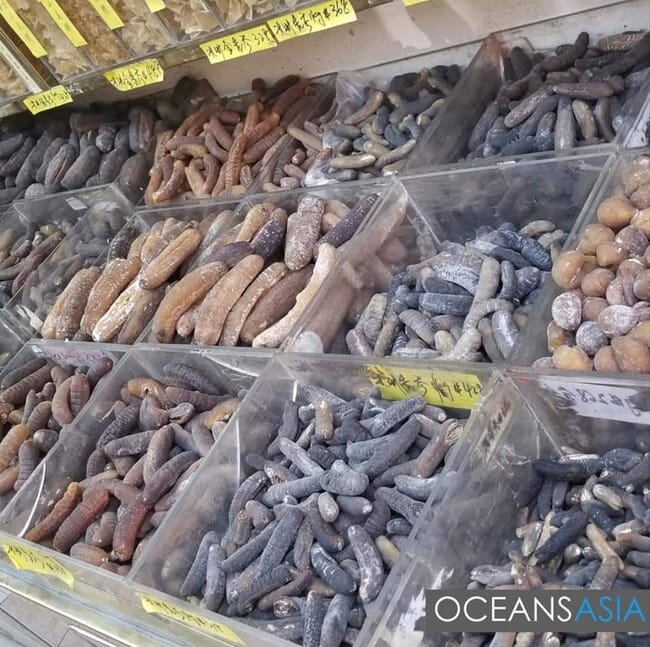
The paper, entitled Characterizing Canadian sea cucumber fisheries: history, regulation, and compliance, was published in the 2025 issue of the Pacific Community (SPC) Beche-de-mer Information Bulletin.
Sea cucumbers play important roles in marine ecosystems and are sometimes referred to as the earthworms of the sea. While these marine invertebrates are often forgotten in conversations around wildlife crime, they are highly valuable and targeted for poaching globally. A lack of attention on the part of the authorities, media and the public leaves these animals vulnerable to organised criminal activities and overfishing.
The paper explores the history, regulation and criminal activity within Canadian sea cucumber fisheries using data from media, legal cases and law enforcement records between 2015 and 2022. Through this approach, researchers identified 22 cases from law enforcement records, one case from court records, and one case from news media stories. Most cases involved administrative violations like misreporting, with only a few instances of illegal fishing or quota overruns. The majority of cases occurred in British Columbia, with a peak in 2017. Legal case reviews revealed only one directly relevant case, R. v. Zhu, which involved illegal harvesting using prohibited gear, but the overall legal action has been minimal.
It is noteworthy that the paper was written prior to the recent case involving BC resident Scott Stanley Matthew Steer, who was recently found guilty on six counts relating to his illegal harvesting and selling of sea cucumbers in BC waters. The authors are available to speak to this case, sentencing is scheduled for 1 and 2 May 2025.
The authors concluded that when compared to case studies in other jurisdictions, crime in the Canadian sea cucumber fishery is of a lower scale and severity, and receives less media attention. The new paper fills an important and large gap in our understanding of marine wildlife crime targeting sea cucumbers in Canada, and provides context on the global trade, risks of illegal fishing, and Canada’s regulatory landscape as it pertains to sea cucumbers.
“Conserving sea cucumbers is ecologically critical as they provide central ecosystem services similar to earthworms for seabeds and are an important part of marine food webs,” said Felix PC Morrow, Memorial University master’s student and OceansAsia researcher.
“Around the world, illegal sea cucumber fishing has had a devastating impact on populations of this important marine invertebrate,” said Teale N Phelps Bondaroff, director of OceansAsia and co-author of the paper. “Illegal fishing undermines conservation efforts, destroys wildlife populations and ecosystems, hurts legal fishers, robs potential tax dollars from governments, undermines good governance and social order, and fuels organised crime.”
“We need a spotlight on the critical role that sea cucumbers play in marine ecosystems. It is critical that we work to stamp out wildlife crime in sea cucumber fisheries,” said Bryce J Casavant, a former BC conservation officer and co-author of the paper. “This paper highlights that too often the smallest of creatures are forgotten.”



